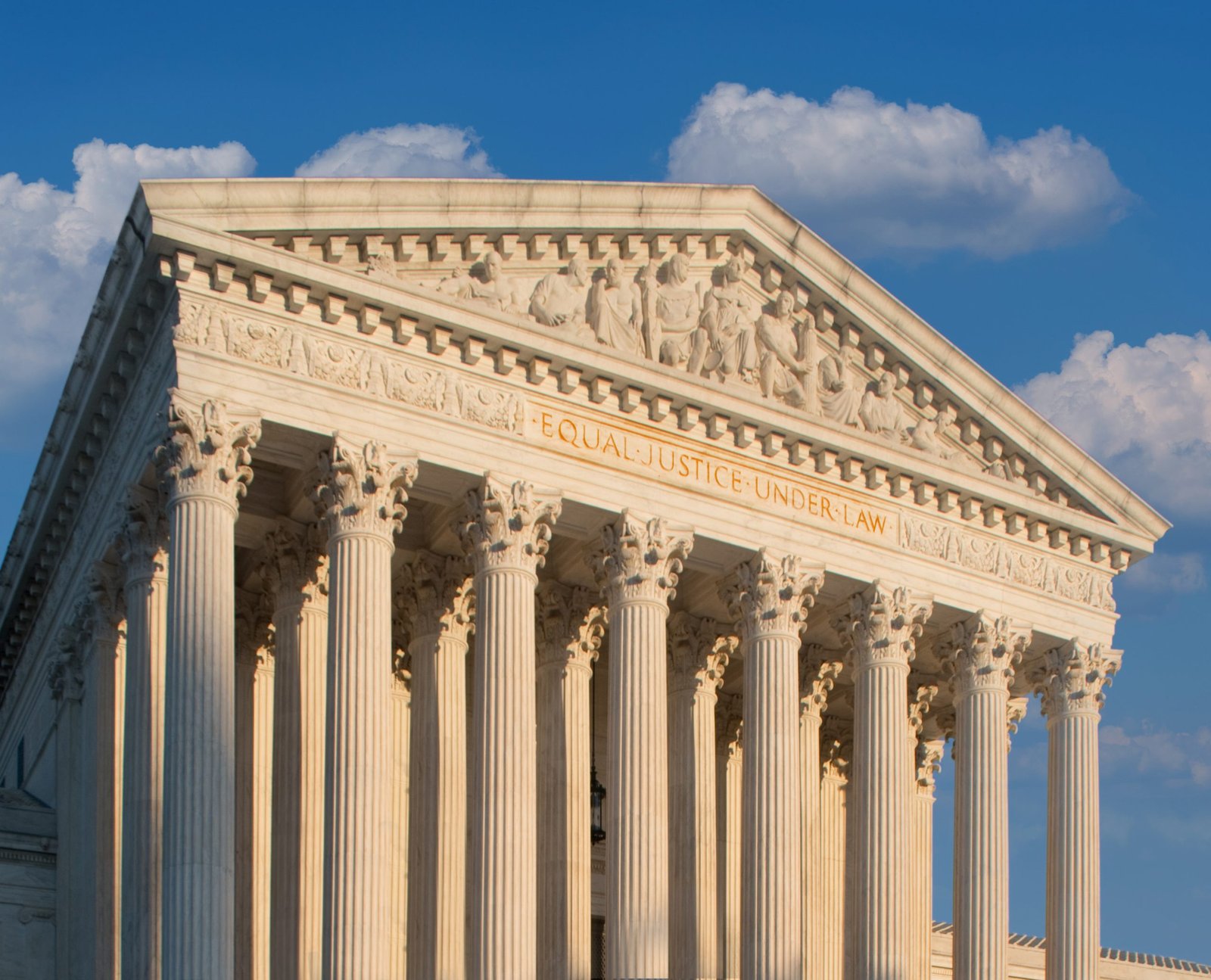On Friday, the U.S. Supreme Court ruled against the Biden administration’s new Title IX provisions that protect transgender students from discrimination.
The court blocked three specific provisions: the interpretation of Title IX’s sex discrimination prohibition to include gender identity, the expansion of “hostile-environment harassment” to cover gender identity-based harassment, and guidelines allowing transgender students to use facilities consistent with their gender identity.
The decision resulted from challenges by two groups of states: one from Louisiana, Mississippi, Montana, Idaho, and the Louisiana Department of Education, and the other from Tennessee, Kentucky, Ohio, Indiana, Virginia, and West Virginia.
The court was unified in keeping the major contested changes blocked, although four justices favored letting parts of the rule take effect.
Justice Sonia Sotomayor, joined by Justices Elena Kagan and Ketanji Brown Jackson and by conservative Justice Neil Gorsuch, wrote, “By blocking the Government from enforcing scores of regulations that respondents never challenged and that bear no apparent relationship to respondents’ alleged injuries, the lower courts went beyond their authority to remedy the discrete harms alleged here.”
Unchallenged provisions included changes regarding breastfeeding and expressing breast milk for new mothers, accommodations for pregnant students to meet the health needs of their pregnancy, and a rule to stop schools from asking about an applicant’s marital status.




















